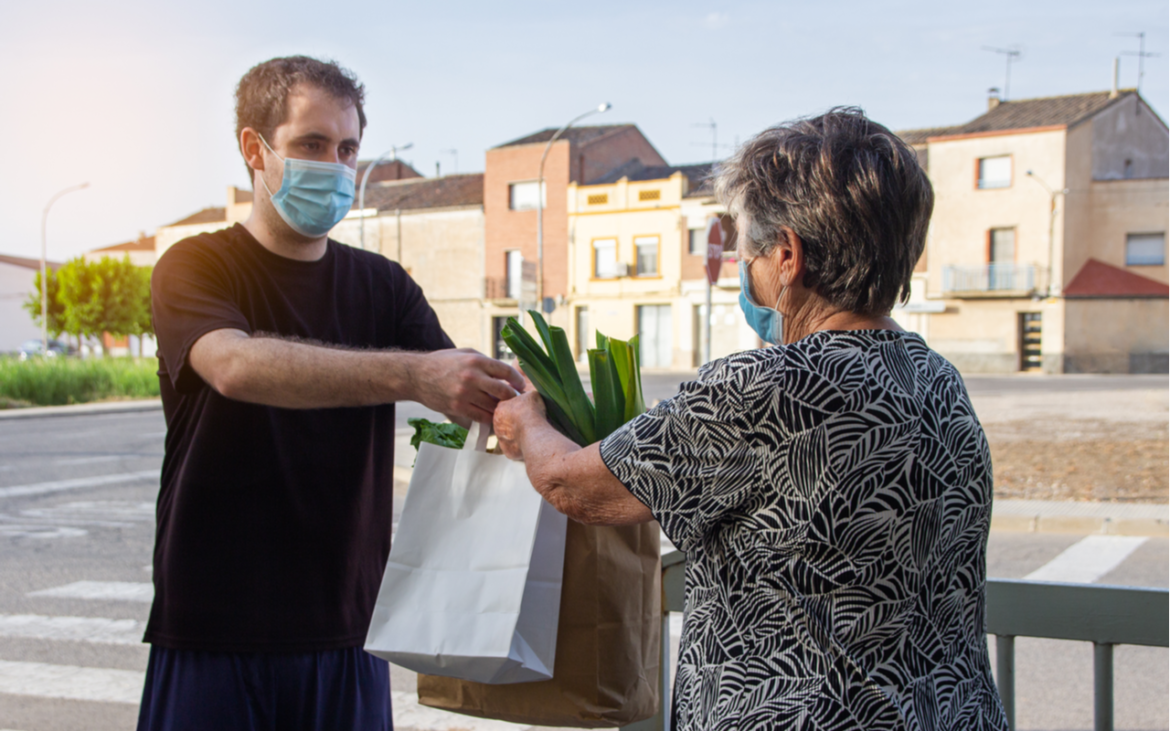I have always felt that the defining characteristic of adolescence is the search for the ideal self-concept, a process of identity formation through self-discovery and self-actualisation. This goes some way to explaining teenager’s attention seeking behaviours, dodgy haircuts, questionable music choices and overly sentimental Hollywood ‘coming of age’ movies, where the protagonists ultimately arrive at the best version of themselves through a series of misadventures that test moral courage and true friendship.

The great conflict of adolescence is much more subtle for most of us. In reality young people are concerned with how they appear in the minds of others compared to how they feel they are. In other words, a young person’s identity has less to do with how they perceive themselves, or how others perceive them; but rather it is based on their own interpretations of how other people perceive them.
Being responsive to the needs of others cultivates that inner self, it validates that bit of our humanity that wants to do the right thing, it provides circumstances where we are given a sense of purpose. The interaction that often takes place between people in order for volunteering to happen, provides for autonomous independently thinking. Volunteers need to think for themselves, to make their own judgements and to draw their own conclusions, they take on personal responsibility and develop empathy. It becomes a learning experience. The sociologist Jack Mezirow describes this type of learning experience as a process where we alter our taken-for-granted frames of reference in order to take more meaningful discerning actions. Our opinions, he says, prove to be more true, more justified and more reflective.
There a multitude of ways in which we become part of the social, political and cultural fabric of society as it exists. And yet our society is changing so rapidly that we are almost flummoxed as to how best to fit in anywhere. We find ourselves in a time where change is happening to us, without much in the way of our consent.
Volunteering, virtual or otherwise, allows for change to happen through us and not just to us.
In the normal course of a Localise volunteering project we endeavour to have young people meet those that they help. This creates a connection, a link between action and consequence, between perception and reality. In the new normal of social distancing, remote working and blended learning we are gifted an opportunity, an opportunity for virtual youth volunteering. In the absence of being present physically, Localise Youth Volunteers have been reaching out through the lockdown, virtually. They have been creating video messages, virtual quizzes and online talent shows for isolated and vulnerable people. They have been making artwork for nursing home bedroom walls, sending messages of hope to the housebound and thanking the front-line workers for keeping us safe. And they have been doing so from the other side of a screen.
Digital immigrants are those of us who learnt to use computers at some stage during our adult lives. While this ‘new’ way of volunteering marks a sea change for the likes of me, it is much more natural to those born into the digital age, those who, buy, bank, socialise, fall in love, play and learn on-line. The digital natives.
Although the Localise Virtual Volunteering programme it is still in its infancy, it is important that us digital immigrants are cognisant of how readily and how positively young people have responded to it so far. What we are seeing is that this type of structured virtual volunteering programming allows for young people to become part of the bigger societal picture, and consequently, they begin to realise their place in it. The profundity of unlocking this sense of belonging through community action, is creating an empathy with the world around them, a world in a state of flux. It is increasingly apparent that a structured, planned, results driven youth volunteering programme is needed to provide young people with the agency in their identity formation. Through service to others they have a voice and a sense of purpose in the next normal.
By Harry Keogh, Education Coordinator with Localise Youth Volunteering
